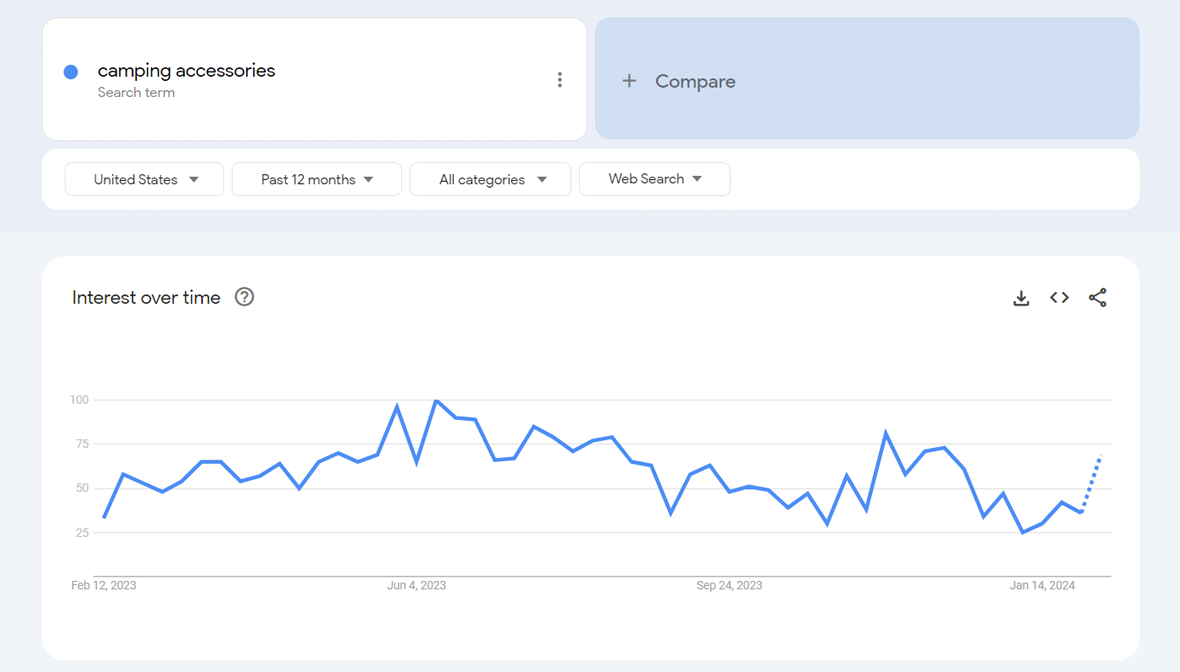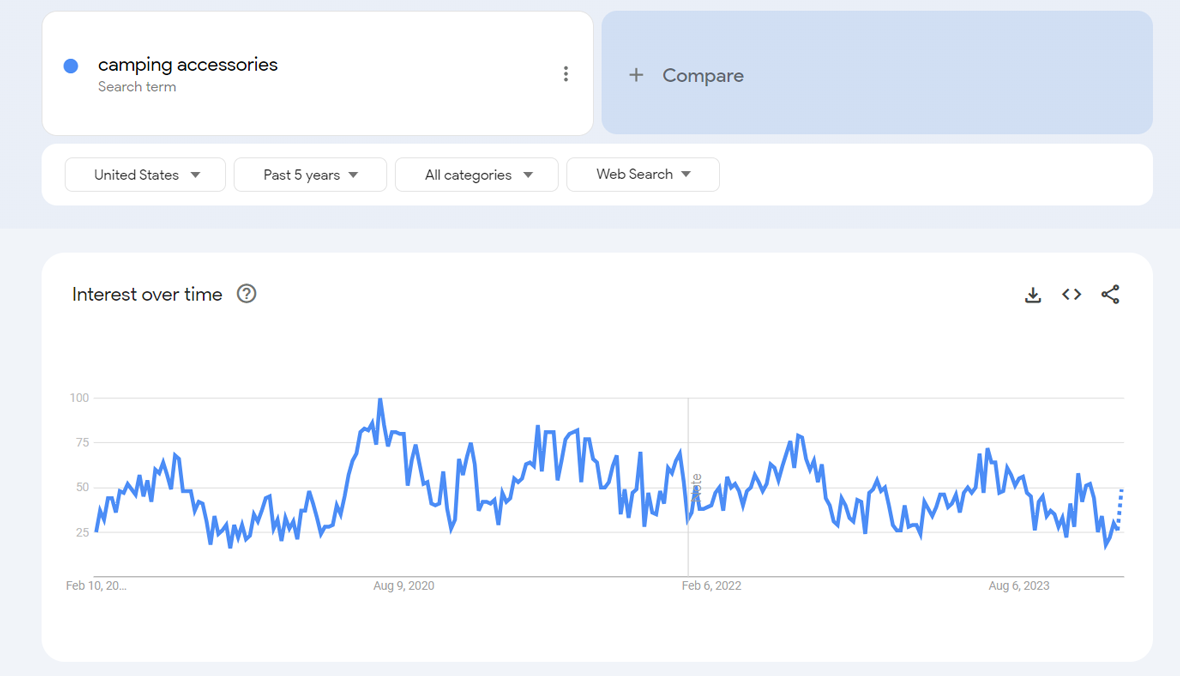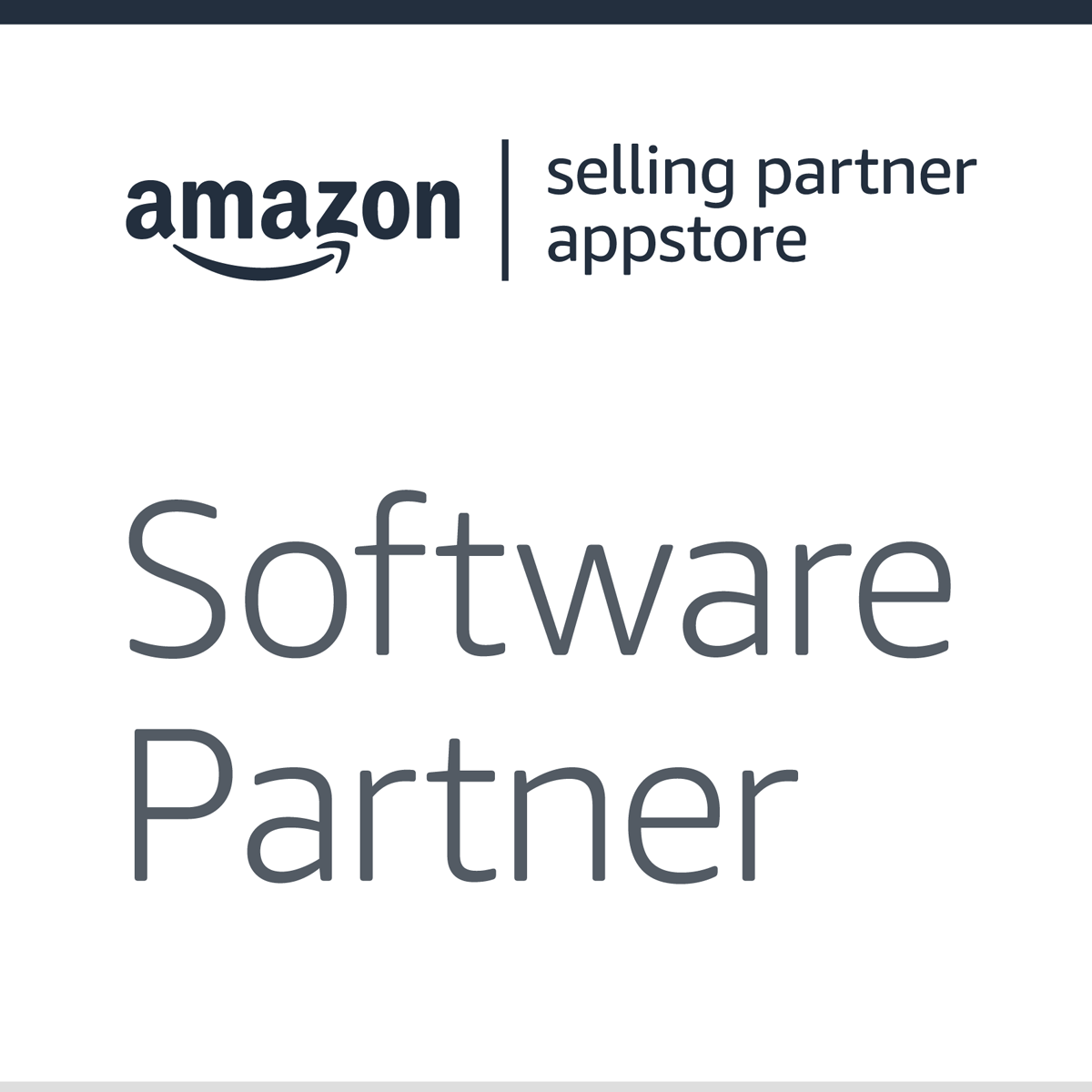Originally published on February 14, 2024, updated February 14, 2024
Menu
Join Our Email List
- Receive our monthly newsletter.
- Stay up to date on Amazon policies.
- Get tips to grow your business.
If you’re anything like me, once I’ve eventually completed my extensive and seemingly never-ending to-do list, I like to cross it off physically, mentally, and spiritually and never think of it again. Unfortunately, optimizing your entire product detail page (PDP) on Amazon is never a "one-and-done" activity.
One of the most important parts of optimizing your PDP is optimizing your keywords. Optimized keywords help to increase traffic to your listings while staying relevant to the product and aligning with user search intent.
One way to maximize relevant traffic to your listings is to optimize your keywords for the season. Amazon keyword optimization involves identifying seasonal trends, holidays, or specific events that periodically impact consumer behavior and curating your content to make it more relevant to what shoppers are searching for during those specific times of the year. (There are other elements to consider when observing fluctuating market trends, and marketing strategies are most definitely required, but that chapter is for another day.)
To stay ahead of the competition, you must proactively forecast and prepare for seasonal peaks in the retail calendar and adapt your content accordingly.
To optimize your listings for seasonal keywords on Amazon, you'll need to strategically capitalize on increased demand for certain  products during particular times of the year. The obvious seasonal peaks are culturally significant events like Black Friday, Cyber Monday, and the entire Christmas period. Other seasonal trends to consider include the summer holidays, the back-to-school flurry in August and September, and the old faithful, "New Year, new you" fitness-related purchasing surge in January.
products during particular times of the year. The obvious seasonal peaks are culturally significant events like Black Friday, Cyber Monday, and the entire Christmas period. Other seasonal trends to consider include the summer holidays, the back-to-school flurry in August and September, and the old faithful, "New Year, new you" fitness-related purchasing surge in January.
To maximize your listing and gain a competitive edge, seasonal keyword refreshes should ideally touch the entire PDP, from the title to bullets to the product description. If you’re going all in, you could even give your images a sprinkle of seasonal wizardry.
Understanding the patterns of when and why certain products witness heightened demand during specific seasons is crucial. Recognizing these seasonal trends allows you to align product listings with consumer needs, increasing the visibility of your offerings and capturing the attention of potential buyers.
To traverse the perilous peaks and troughs of seasonal demand effectively, you'll need to use keyword analysis tools. By analyzing historical data and monitoring keyword trends, you can preempt and prepare for shifts in demand, optimizing listings to match consumer whims.
It’s not just identifying how the keywords specific and relevant to your product perform. It’s also recognizing the fat-head keywords (short, usually one or two words that tend to be all-encompassing and get high search volume) that, although not hyper-specific, can still be incredibly useful to include in the copy to capture the search volume (SV) and related consumer interests.
The often-overlooked backend hidden search terms can play a crucial role in optimizing your Amazon listings for seasonal keywords. Not only can you ensure you index for seasonally relevant keywords year-long (some people shop for Christmas gifts in January!), but it’s also a valuable real estate to populate with fat-head keywords such as "him," "her," "daughter," "son," "men" and "women" to capitalize on search terms such as "Christmas gifts for her," "Christmas gifts for men," etc.
Let’s hypothesize for a second. Say you sell backpacks, waterproof phone covers, sleeping bags, or even travel-sized toiletries. Come the summer, you’ll want to ensure your listings are optimized for any and almost all summer holiday-related keywords. For example, let’s focus on the keyword "camping accessories."
By searching Google Trends, you can see that the term peaked in the early summer months with another increase in November last year.

Looking at the past five years shows similar peaks in search volume each year.

This would suggest that the keyword "camping accessories" experiences consistent seasonal peaks in search volume, particularly during summer months. This data-driven approach enables more effective decision-making and ensures organic search and any PPC align with the periods when consumer interest and search for the specified keyword are at their highest.
Incorporating seasonal keywords into your customer-facing copy isn’t simply a case of adding "Christmas gifts for mum/dad/gran" to the end of your title. As with all well-crafted copy, you must ensure your selected keywords complement and are relevant to your product. For example, if you’re selling industrial hardware, you might want to leave "stocking stuffer" off your title!
Using fat-head keywords may increase traffic to your product and attract a wide range of shoppers, but they might not necessarily be looking for your specific product. It’s important to remain selective in your choice of keywords, however tempting the search volume associated with them may be. Furthermore, if you decide to have a bullet dedicated to selling your product as a seasonal gift, ensure you avoid keyword stuffing and instead expand upon your product's unique selling propositions and lifestyle benefits. Regardless of seasonality, relevance and clarity are still paramount.
In short, by periodically reviewing and optimizing keywords, you can gain a competitive edge, maximize visibility during peak seasons, and ultimately boost sales.
If your listings are feeling a little off-peak, our full-service agency is comprised of Amazon experts and ex-Amazonians ready to help get your brand retail-ready. Get in touch.
Originally published on February 14, 2024, updated February 14, 2024
This post is accurate as of the date of publication. Some features and information may have changed due to product updates or Amazon policy changes.
These Stories on Amazon
14321 Winter Breeze Drive
Suite 121 Midlothian, VA 23113
Call us: 800-757-6840





Copyright© 2007-2025 eComEngine, LLC. All Rights Reserved. eComEngine®, FeedbackFive®, RestockPro®, and SellerPulse® are trademarks or registered trademarks of eComEngine, LLC. Amazon's trademark is used under license from Amazon.com, Inc. or its affiliates.
No Comments Yet
Let us know what you think